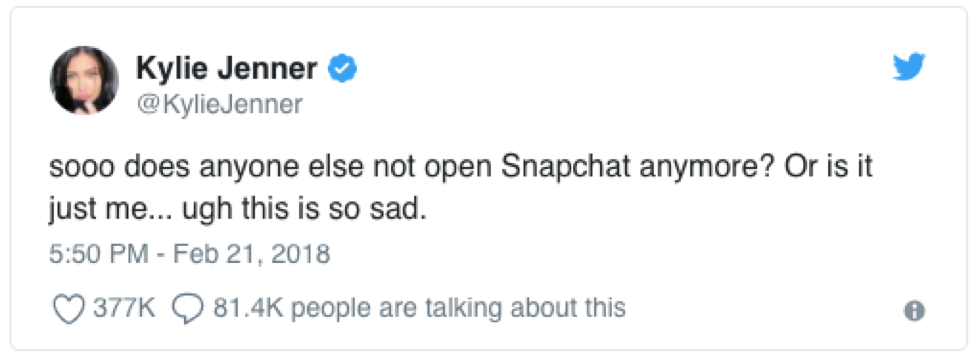
With the rise of social media and the massive online followings that celebrities and industry experts can cultivate, influencer marketing has become an increasingly popular advertising strategy over the last several years. This tactic has not only gained traction because it is viable – in many instances, it has been overwhelmingly effective.
Where else can you find 8 million brand-conscious enthusiasts, already engaged with topical content? That’s the case for Simeon Panda, a 30-year-old British trainer who has been targeted by fitness and exercise-based brands, to help augment their marketing tactics. A video of him performing a one-armed row of 231 pounds, garnered over 600,000 views on social media – THAT is engagement. Or what about Jill Smokler? The author of the Scary Mommy blog, who provides parenting advice and tips with a humorous edge, to an audience of over 100 million.
Partnering with personalities and forging these relationships can be the key to success for many brands or companies – however, like all strategies, things don’t always end up as one would hope. Leveraging influencers can be extremely detrimental as well, if brands do not apply the proper constraints to the relationship… and sometimes, there’s nothing you can do to prevent influential individuals from harming a brand. All it takes is one Tweet, post, or video and a company can be teetering on the edge of despair.
We must look back no further than February of this year, and what happened with Snapchat, to see evidence of this cautionary tale. In a single Tweet, Kylie Jenner (of the distinguished Kardashian family,) shared the following perspective:
As a result, Snapchat’s stock tumbled an alarming 1.3 billion dollars, nearly 6% of their market value. Jenner eventually Tweeted another post, stating that she stilled loved Snapchat, and their stock has slowly been returning to its resting hear rate, but the initial damage has already been done.
The fact that Kylie Jenner negatively reacted to a change in the Snapchat layout is not odd – over 1.2 million individuals signed a petition urging the company to reverse their changes as well. What is alarming, is the fact that 71 characters from someone who is exclusively famous for being born into a wealthy family, could negatively affect one of the most popular digital channels of the last decade, so significantly.
In this scenario, there is not much that Snapchat could have done to prevent this calamity. It came and went in an instant, and was relatively unprovoked. However, you had better believe that going forward, Snapchat, and other brands that took note of the situation, will be more cognizant of what their biggest influencers feel about even the slightest modifications in their products or services.
Consumers look to influencers for credibility and recommendations when it comes to products. When leveraged appropriately, these channels can be goldmines for brands, but when the train gets derailed, things can get messy, quick. No longer do companies have the luxury of concerning themselves only with what their consumers and shareholders think and feel. Now they must also keep in mind the thoughts, emotions, and preferences of influencers – leading to strategies and considerations that did not exist even ten years ago.
Posted by Tom Hinkes, Account Executive & Content Marketing Writer at initiate-it, a digital first, full-service agency located in Richmond, VA.


